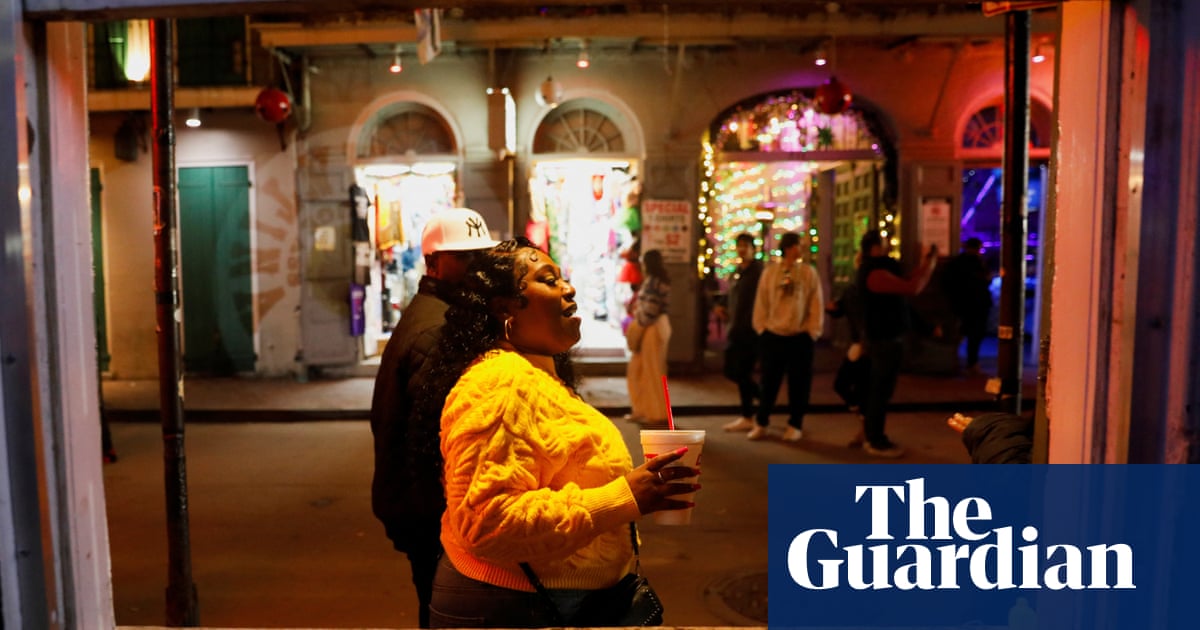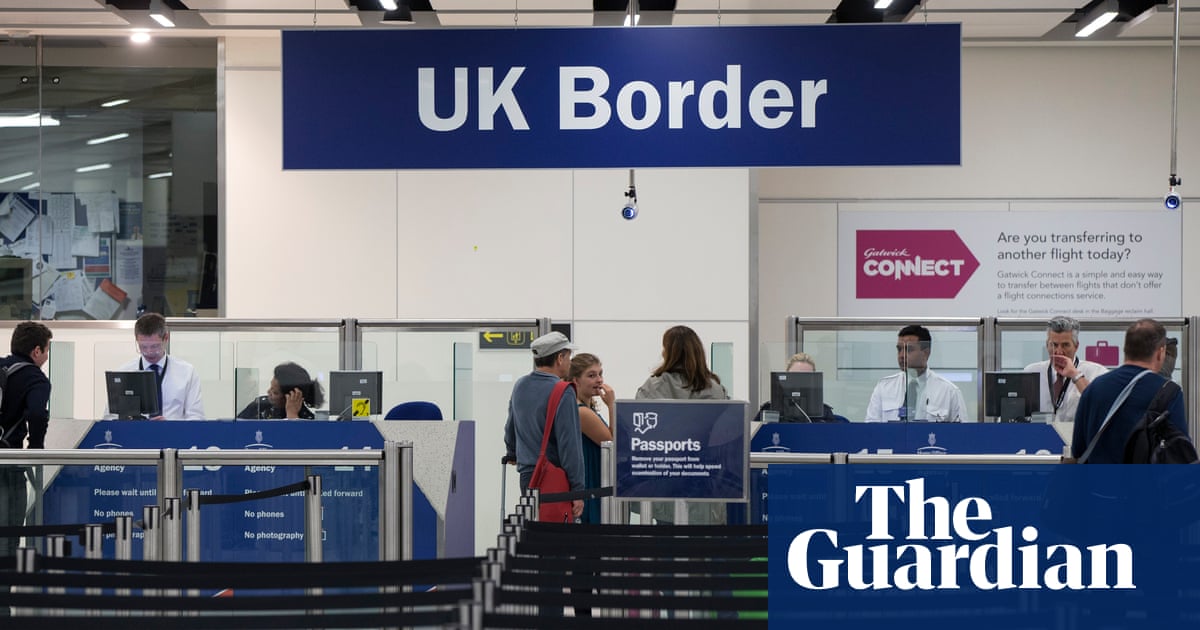A sense of normalcy was returning to New Orleans on Friday as the city continued to deal with the aftermath of a lethal attack by the Islamic State-inspired military veteran Shamsud-Din Jabbar, who killed 14 and wounded dozens before he was killed in a shootout with police.
The scene of the shocking mass murder – the Louisiana city’s famed Bourbon Street nightlife destination – reopened amid tight security on Thursday.
At the same time, the Sugar Bowl college football game between the US colleges of Notre Dame and Georgia, which was postponed by a day in the interest of national security, was played on Thursday evening.
The Joan of Arc parade in the French Quarter is also still scheduled to take place on Monday to kick off carnival season ahead of Mardi Gras, Antoinette de Alteriis, one of the organizers, told the Associated Press. She said they expect close to its typical crowd in the thousands.
Staff at Felix’s Restaurant & Oyster Bar on Bourbon Street gathered for a prayer just before reopening as makeshift memorials to the victims were erected along the famed street and groups of national guard members were stationed throughout the French Quarter.
“I declare Bourbon Street is open,” the New Orleans police department superintendent, Anne Kirkpatrick, said on Thursday, barely 18 hours after the attack. The city’s mayor, LaToya Cantrell, and local religious leaders laid 14 yellow roses on Bourbon Street to honor the victims, while a brass band played I’ll Fly Away.
The restoration of business comes as video from inside Jabbar’s mobile home in north Houston showed a bomb-making station and questions are raised about why safety barriers on the street were not functioning at the time of the early morning attack.
That has sparked recriminations among local politicians. Louisiana’s lieutenant governor, Billy Nungesser, a Republican, said he was frustrated with “excuses” from Mayor Cantrell and her deputies.
“I’ve held my tongue long enough,” said Nungesser. “Her lack of leadership is an embarrassment.”
According to the New York Times, a confidential security report warned that the Bourbon Street was vulnerable to a “vehicular ramming”.
The assessment, compiled by a New York security firm in 2019, warned that bollards designed to block vehicles from entering Bourbon Street did “not appear to work” and warned “the two modes of terror attack likely to be used are vehicular ramming and active shooting”.
after newsletter promotion
Police officials on Thursday said the city had started work to replace the old barriers in November and said they did not anticipate an attacker would use the sidewalk to evade a police car blocking the street.
“This should be no surprise to anyone who’s ever been tasked with protecting an area dense with pedestrian traffic,” said Don Aviv, chief executive of the security firm Interfor International, which performed the 2019 security assessment, told the outlet.
“The French Quarter is the perfect target,” Aviv added.
Authorities now say Jabbar was the sole attacker after raising warnings that he was accompanied by other suspects and that he was inspired by the Islamic State (IS) to conduct a “premeditated act of terrorism”.
Investigators have also released images of the suspect placing what they say were two improvised bombs hidden in blue drink coolers in the area. Jabbar was seen on surveillance video placing the coolers on Bourbon Street hours before the incident, authorities said in Thursday press conference.
Investigators have unearthed religious recordings made by Jabbar and posted to a SoundCloud account in which he likened music to “Satan’s voice”.
“Forbidding the evil is a mandate on all of mankind,” Jabbar said in the recording. Bourbon Street is famous for its music, seeding the careers of Louis Armstrong and others.
FBI officials also said they don’t believe there is any connection between the Bourbon Street attack and a Tesla Cybertruck explosion outside a Trump hotel in Las Vegas hours later.
“At this point, there is no definitive link between the attack here in New Orleans the one in Las Vegas,” Christopher Raia, an assistant director from the FBI’s counter-terrorism division, said during the Thursday press conference.
The Associated Press contributed reporting
Article by:Source Edward Helmore




















